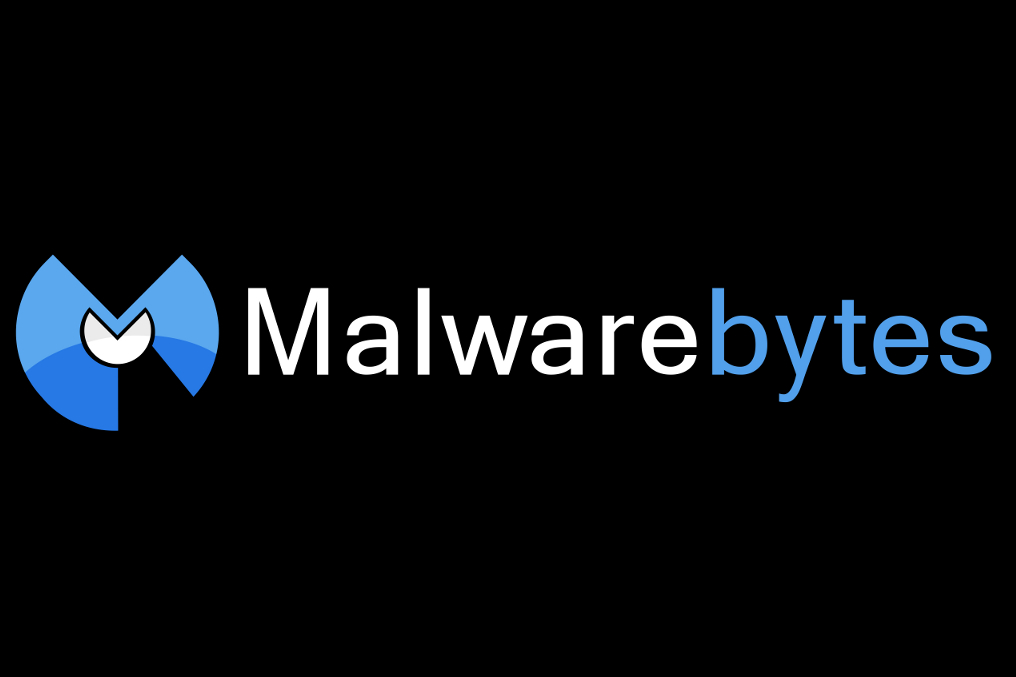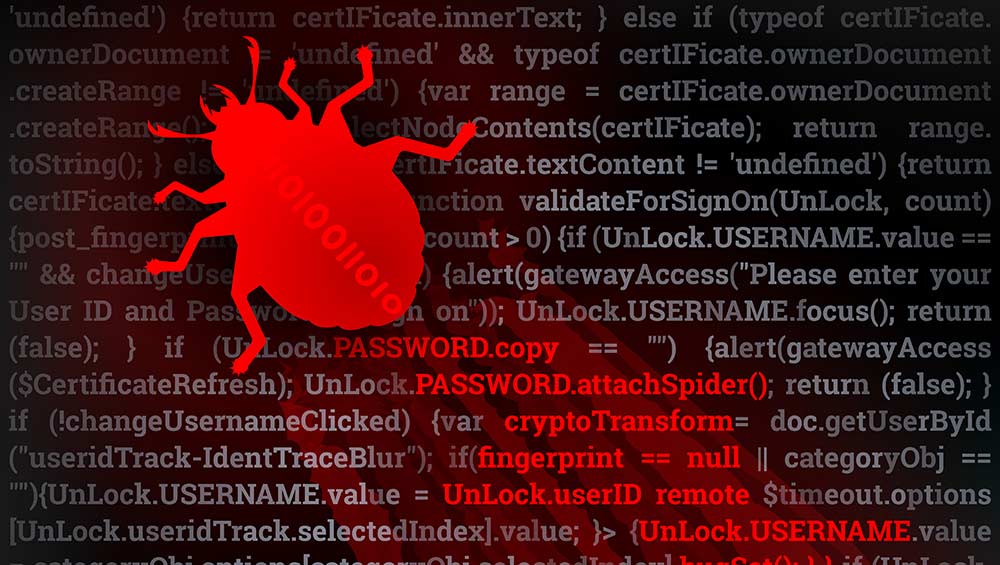Malwarebytes warns users of ‘certified’ banking Trojan
Security vendor sounds alarm over emergence of new password-stealing Trojan.


Security software vendor Malwarebytes has issued an alert over the emergence of a new certified Trojan'.
The malware is a Brazilian banking and password stealer that has been signed with a valid digital certificate issued by DigiCert.
Clearly, if digital certificates can be abused so easily, we have a big problem on our hands
"The purpose of a digital signature is to guarantee the authenticity of a file from a particular vendor and is provided by one of a few certificate authorities," said senior security researcher Jerome Segura in a blog post.
"[However], this certificate is issued to a company called Buster Paper Comercial Ltda', a Brazilian company that actually does not exist and was registered with bogus data," Segura added.
The malware is disguised as a PDF and when opened appears to show a genuine invoice. However, in the background, it downloads a banking Trojan.
As Segura points out, the theft or mis-signing of digital certificates is not new and this particular banking Trojan has used this method of infection before.
Get the ITPro daily newsletter
Sign up today and you will receive a free copy of our Future Focus 2025 report - the leading guidance on AI, cybersecurity and other IT challenges as per 700+ senior executives
"What we have here is a total abuse of hosting services, digital certificates and repeated offenses from the same people.
"Clearly, if digital certificates can be abused so easily, we have a big problem on our hands," said Segura.
Malwarebytes said, even in the face of more sophisticated and underhand threats such as this, "the same old tips still hold very true".
The company advises users not to open an attachment, even from someone they know, without first doing a thorough check on it.
It added, even if a file is digitally signed, it does not guarantee it is safe to use.
"A lot of potentially unwanted applications can use a digital certificate and, of course, malware can too," said Segura.
"Always check the file extension... [and] never trust file icons. Just because it looks like a Word document or PDF file does not mean it is. With that in mind, stay safe," Segura concluded.

Jane McCallion is Managing Editor of ITPro and ChannelPro, specializing in data centers, enterprise IT infrastructure, and cybersecurity. Before becoming Managing Editor, she held the role of Deputy Editor and, prior to that, Features Editor, managing a pool of freelance and internal writers, while continuing to specialize in enterprise IT infrastructure, and business strategy.
Prior to joining ITPro, Jane was a freelance business journalist writing as both Jane McCallion and Jane Bordenave for titles such as European CEO, World Finance, and Business Excellence Magazine.
-
 Bigger salaries, more burnout: Is the CISO role in crisis?
Bigger salaries, more burnout: Is the CISO role in crisis?In-depth CISOs are more stressed than ever before – but why is this and what can be done?
By Kate O'Flaherty Published
-
 Cheap cyber crime kits can be bought on the dark web for less than $25
Cheap cyber crime kits can be bought on the dark web for less than $25News Research from NordVPN shows phishing kits are now widely available on the dark web and via messaging apps like Telegram, and are often selling for less than $25.
By Emma Woollacott Published
-
 CronRat Magecart malware uses 31st February date to remain undetected
CronRat Magecart malware uses 31st February date to remain undetectedNews The malware allows for server-side payment skimming that bypasses browser security
By Rene Millman Published
-
 Mekotio trojan continues to spread despite its operators’ arrests
Mekotio trojan continues to spread despite its operators’ arrestsNews Hackers have used it in 100 more attacks since arrests
By Rene Millman Published
-
 “Trojan Source” hides flaws in source code from humans
“Trojan Source” hides flaws in source code from humansNews Organizations urged to take action to combat the new threat that could result in SolarWinds-style attacks
By Rene Millman Published
-
 What is Emotet?
What is Emotet?In-depth A deep dive into one of the most infamous and prolific strains of malware
By Praharsha Anand Last updated
-
 Fake AnyDesk Google ads deliver malware
Fake AnyDesk Google ads deliver malwareNews Malware pushed through Google search results
By Rene Millman Published
-
 Hackers use open source Microsoft dev platform to deliver trojans
Hackers use open source Microsoft dev platform to deliver trojansNews Microsoft's Build Engine is being used to deploy Remcos password-stealing malware
By Rene Millman Published
-
 Android users told to be on high alert after Cerberus banking Trojan leaks to the dark web
Android users told to be on high alert after Cerberus banking Trojan leaks to the dark webNews The source code for the authenticator-breaking malware is available for free on underground forums
By Sabina Weston Published
-
 Qbot malware surges into the top-ten most common business threats
Qbot malware surges into the top-ten most common business threatsNews An evolved form of the banking Trojan was distributed by number one-ranking Emotet in a campaign that hit 5% of businesses globally
By Keumars Afifi-Sabet Published